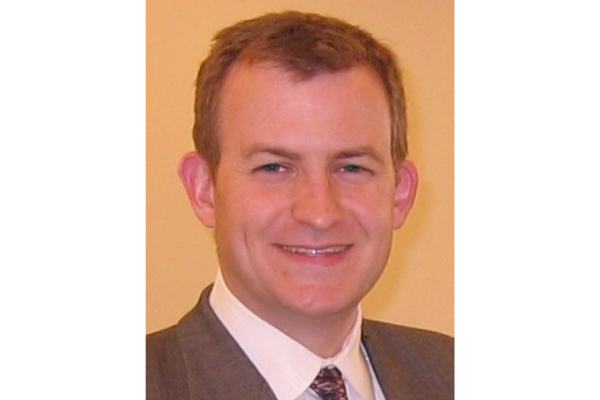
The East Asian Studies Center, Institute for Korean Studies and Mershon Center for International Security Studies present:
"North Korean Nuclear First Use and Alliance Response"
Robert Kelly
Pusan National University
Abstract: North Korea has large incentives to use a tactical nuclear weapon early in another conflict on the Korean peninsula for three reasons: Operationally, Pyongyang will face an intense ‘use-it-or-lose-it’ dilemma regarding its WMD as soon as a war starts. Strategically, its conventional military is quite inferior to the forces ranged against it. And grand strategically, any serious conflict between the two Koreas will quickly become existential for the North. I suggest two responses to this challenge: First, at the time of attack, the allies should respond with nonnuclear retaliation as long as feasible, in order to prevent further nuclear escalation. This will be difficult given post-strike panic and hysteria. So, second, in preparation, the US should deconcentrate its northeast Asian conventional footprint, to reduce opportunities for North Korea to engage in blackmail of regional American aggregations, and to reduce potential US casualties and consequent massive retaliation pressures. Download the PDF flyer here.
Robert E. Kelly (@Robert_E_Kelly) is a Professor in the Department of Political Science and Diplomacy at the Pusan National University in South Korea. His PhD is from Ohio State University. His interests focus on security in Northeast Asia, especially the Koreas, and US foreign policy. He has published in academic journals such as the European Journal of International Relations, the International Studies Review, and the Pacific Review, as well as popular outlets such as Foreign Affairs, The New York Times, and the New York Review of Books. His complete writing may be found at his webpage: www.RobertEdwinKelly.com.
